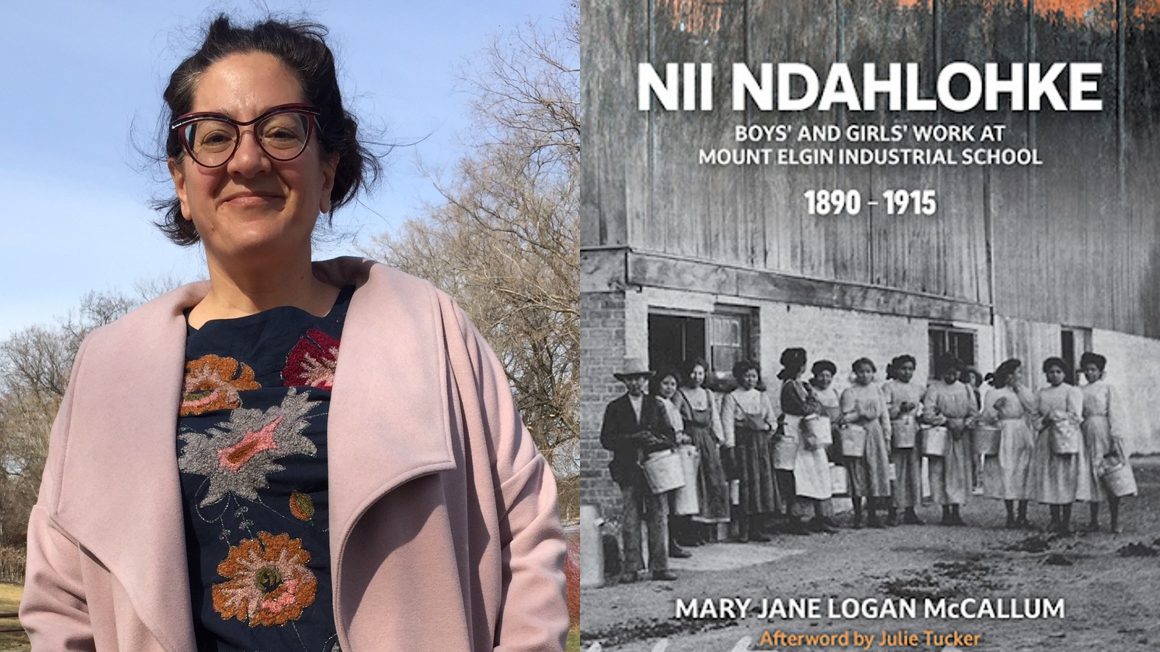Right in the middle of Art Windsor-Essex, there’s this important exhibit that called, Nii Ndahlohke / I Work. Nii Ndahlohke / I Work, talks about a difficult time in the past of Canada. It’s all about how Indigenous kids were made to work at residential schools. Let’s check out this exhibit and see what it’s telling us.
Nii Ndahlohke / I Work Exhibit: Mount Elgin School

This exhibit focuses on Mount Elgin Industrial School, which was a school in southwestern Ontario. It tells us what Indigenous students went through and how this work they had to do affected their communities. The name “Nii Ndahlohke / I Work” is a way of saying that kids made to work a lot in these schools. It reminds us of the hard times Indigenous kids had, working really long hours without getting paid, and it was tough. koin303
Expressing Feelings Through Art
The heart of the exhibit is all the different kinds of art created by Indigenous artists from the communities where the kids went to Mount Elgin. These artists use their creativity to show us how this work affected the kids physically, emotionally, and culturally. They want to make sure we hear the stories of their ancestors that have been quiet for too long.
Nii Ndahlohke / I Work Exhibit: Kaia’tanoron Dumoulin Bush’s Photos
One cool part of the exhibit is a bunch of pictures by Kaia’tanoron Dumoulin Bush. These photos show us the tools and things Indigenous kids had to use for their work. The pictures are simple, but they tell us how ordinary the work was. The picture shows us that these young people taken advantage of in a planned way. coin303
A Sewn Story: Jessica Rachel Cook’s Art Installation
Another strong piece is by Jessica Rachel Cook. She made a special kind of art with handkerchiefs that have the names of Mount Elgin students on them. The careful sewing stands out against the tough reality of the school, telling us about the strength and toughness of the ones who made it through.
Going Beyond the School: How Communities Affected
This exhibit doesn’t stop at just talking about the school. It looks at how the work affected Indigenous communities and the bigger economy. It shows how using Indigenous labor helped the region get richer. But it also kept unfair differences between people based on race and social status.
More Than Just a Show: Asking Us to Do Something
“Nii Ndahlohke / I Work” is more than just something to look at—it’s a strong message. It shows us how Indigenous communities stayed strong even in tough times. It’s like a call for all Canadians to face the not-so-good history of residential schools and work together for a future that’s fair and right for everyone.
